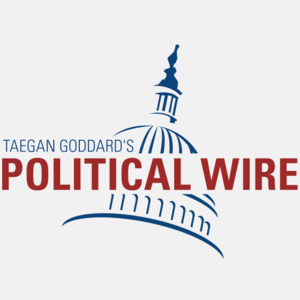President-elect Donald Trump is planning to revoke a policy that prevents Immigration and Customs Enforcement (ICE) agents from arresting immigrants at locations like churches, schools and hospitals, as well as events such as funerals and weddings, sources tell NBC News. The move focuses on increasing ICE’s authority and speed when arresting migrants nationwide as part of Trump’s plan for what he calls the “largest deportation operation in American history.”
The long-standing policy, which shields migrants from arrest in sensitive locations, was first implemented in 2011. Under the policy, ICE agents can only arrest migrants in these locations under certain conditions. Those include a threat to national security or the risk of imminent death or physical harm.
Trump could enact his plan to rescind the policy as soon as his first day in office.
However, immigrant advocates say rescinding the policy could have wide-ranging impacts on both migrant groups and the broader U.S. population.
“We don’t want people with contagious diseases too scared to go to the hospital or children going uneducated because of poorly considered deportation policies,” Lee Gelernt, an attorney with the American Civil Liberties Union, told NBC.
Trump and his border czar, Tom Homan, have vowed to carry out their mass deportation effort shortly after the inauguration.
The plan has prompted leaders of sanctuary states and cities to assert that they will protect undocumented migrants. That means they could refuse to deploy state and local resources to assist ICE agents in carrying out raids and arrests.
New York City Mayor Eric Adams has said he disagrees with mass deportations. He considers New York City a sanctuary city; however, he has expressed a willingness to work with the Trump administration. That could include removing violent migrants from the streets of New York City.





























